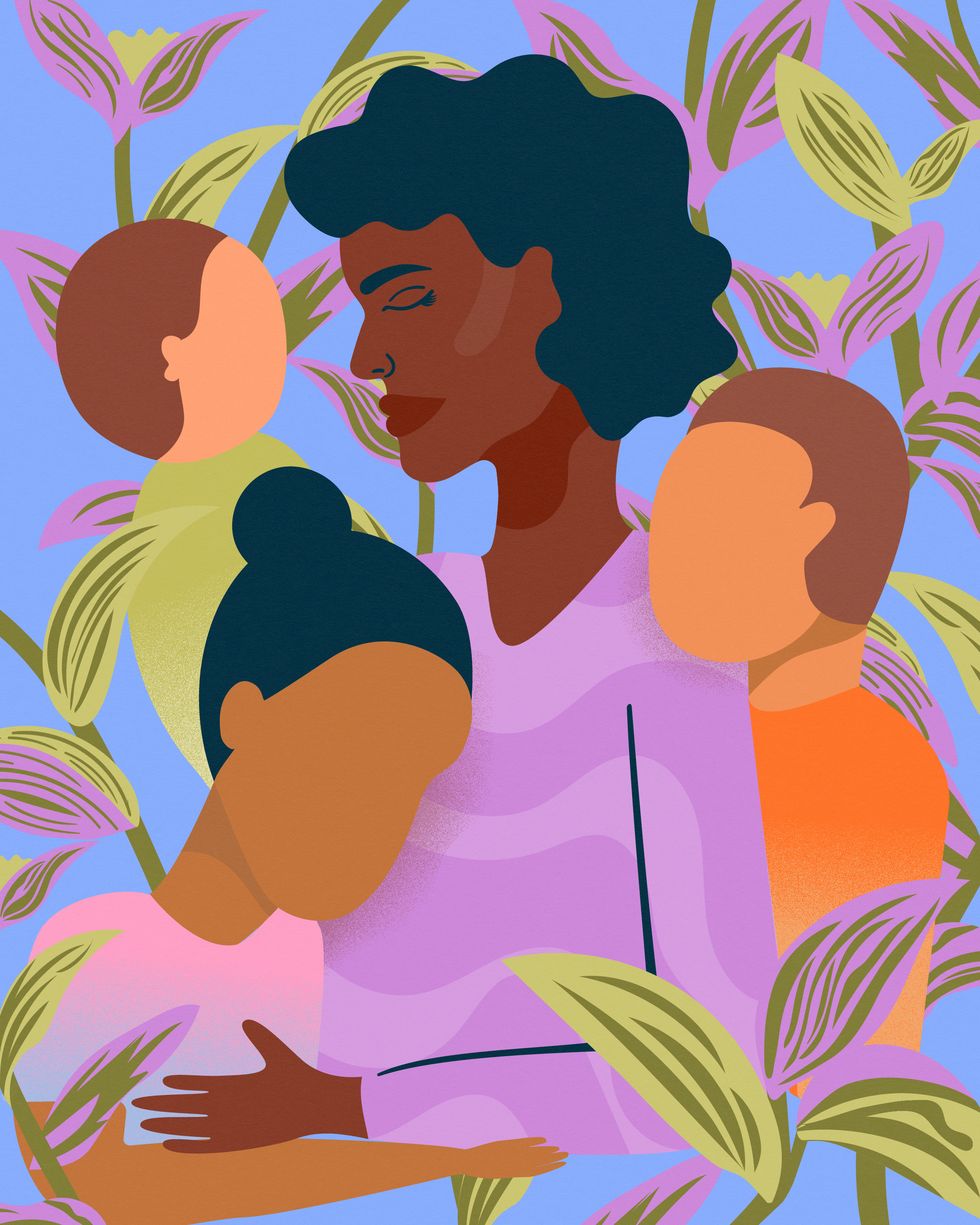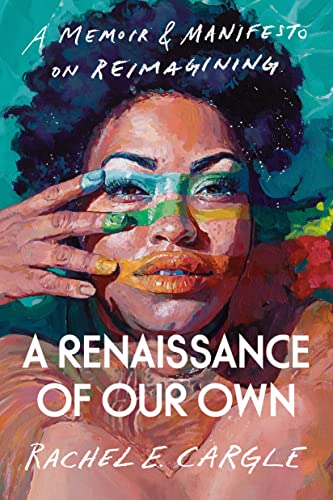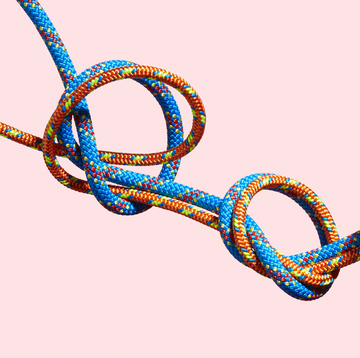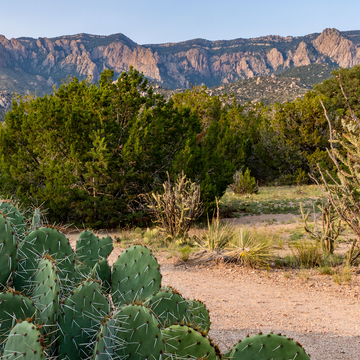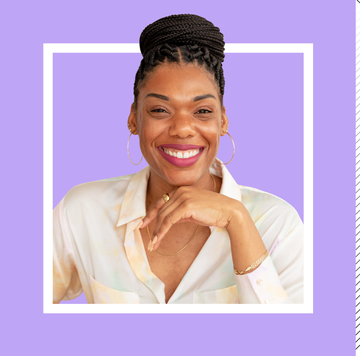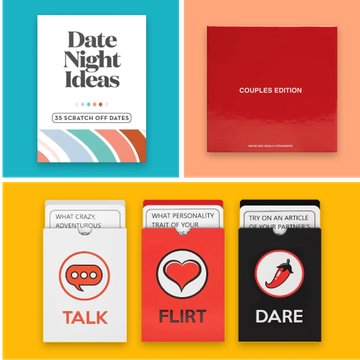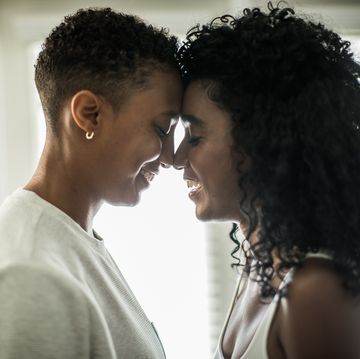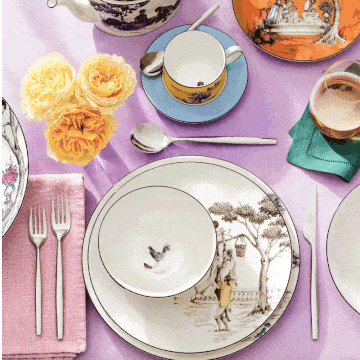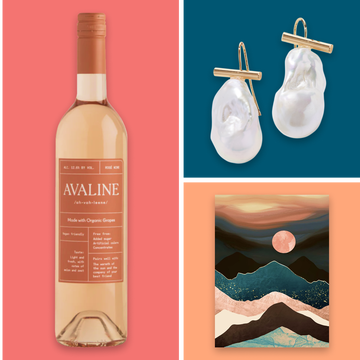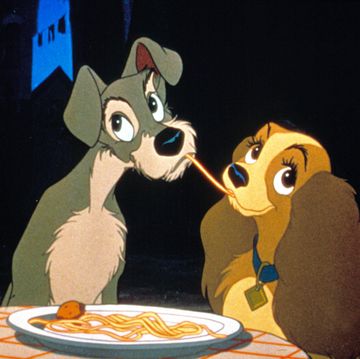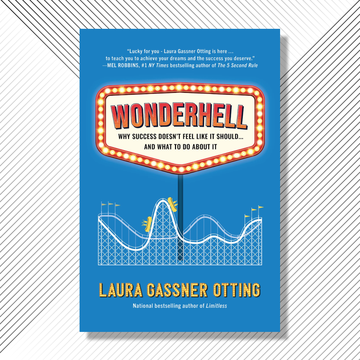When I left my home state of Ohio in my mid-twenties, newly divorced and bursting with enthusiasm to chase my dreams, babysitting was not on my list of avenues to success. But because I’d been watching other people’s children since I was still a child myself, I was uniquely qualified to work as a sitter and then a nanny as I established myself. Parents always need babysitters, and I was really good at it.
I first landed in Washington, D.C., where weekend babysitting was just another way to supplement my income at the mostly low-paying jobs I secured. By the time I moved to New York City three years later, my main source of income came from being a nanny to the children of wealthy New Yorkers while I worked on building a business and engaging in my activism activities on the side.
I quickly discovered that the things I loved about children were rarely rooted in the “dirty work” of parenting. By dirty work, I mean the daily labor—the types of things that interrupt your sleep, skew your schedule, or direct all your efforts toward the needs and wants of one tiny human. Not only was it utterly unappealing to me, but it seemed to trigger something deeper than just my desire to sleep in or have more quiet time for myself. It turns out that what made me good at nannying was the same thing that made me move away from the idea of becoming a parent: I had spent too much of my life in a caretaker role, caring for my mother and my sisters’ children, when I was still young enough to need my own mothering.
More From Oprah Daily

A study put out in 2018 by the National Institute on Child Health, titled “Views of Teenage Children about the Effects of a Parent’s Mobility Disability,” speaks to my experience of growing up with a disabled parent. “Several participants reported feeling more mature than their peers or bearing more responsibility because of their parents’ disability,” the authors wrote. “Most notably when a parent has an ongoing progression of an existing disability or acute complications related to disability, youth may be at risk of feeling vulnerable…especially if they live with a single parent.”
My mother had contracted polio at age 5 and was unable to walk without crutches. The effects of being born to a disabled parent were compounded for me when I supported my mother in raising her grandchildren and, again, when I chose an early career as a childcare provider: I was both highly skilled in and completely exhausted from caretaking. And so, I asked myself, How much of my physical, mental, and emotional capacity do I have left to pour into another human in such a large way? The answer was Not enough. Much of what I value—solitude, spontaneity, independence—would largely be suspended if I became a mom. I enjoy slow, quiet mornings. I like long days and late nights for work and pleasure. I love a tidy house and neutral colors. None of this screams “mom material.”
But I didn’t settle for just a “Cons” column. I also got thoughtful about the joys I found in children—like stoking their creativity by paying attention to what they naturally gravitated to, keeping them joyfully distracted while their caretakers took a break, helping them talk through the hard emotions their parents couldn’t always attend to, and witnessing their personalities evolve like a miracle. My joy came from being part of the “village” people reference when they say, “It takes a village to raise a child.”
So, I began to explore other ways I might find deep purpose in being part of the villages where children were loved, raised, and celebrated. This exploration thrilled me. It gave me space to stand firm in my own desires and remain child-free, yet also the opportunity to indulge in the beauty of family, connection, and intergenerational community. After much honest introspection and observation, I became comfortable with—and even excited by—the notion of being the person who pours her energy into other people’s children. I cherish getting to be “Auntie Rachel.” Motherhood is simply not for me.
In recent years, more and more women have been opting out of parenthood. In 2018, according to the U.S. Census, nearly 50 percent of women in the United States between the ages of 15 and 44 had not given birth, the highest percentage since 1976—the year they started tracking this data. According to the Pew Research Center, nearly one in five U.S. women will end her childbearing years without bearing a child. White women are most likely to be child-free, but the numbers of Black, Asian, and Hispanic women with no children are also on the rise. Their reasons are varied—including cost, the desire to remain independent, prioritizing a career, or not meeting the right partner to parent with.
I must mention that Black people often face an additional factor when deciding whether to have children. As a Black woman who grappled with the decision for several years, I considered what having a child would mean not only for my lifestyle, goals, and aspirations, but also for the child. I was deeply fearful of bringing a Black body into this world. My own understanding of the vulnerability and heaviness of existing in Black skin—how white supremacy insists that our lives don’t matter, how there is no accountability when our lives are discarded, how I would have to parent a child in a way that included instructions on “how to survive whiteness and racism.” None of us should have to add “fear of losing my child’s life at the hands of the state” to the list of reasons to be child-free, but we do. Racism distorts every aspect of our lives.
When I started looking for a child-free community online, I didn’t find much on social media. The few communities I found seemed rooted in a very concerning rhetoric of disliking children or making fun of parents who had “made the wrong choice.” I couldn’t find anywhere that wanted to shine a light on the upsides of our decision and find joy and excitement in being a part of the villages around us.
So I started an online community myself, and I called it Rich Auntie Supreme. The “Auntie” part is an homage to the “othermother” role, which, Black feminist and sociologist Patricia Hill Collins explains, refers to the strong tradition in African diasporic communities where women, blood-related or not (aunts, grandmothers, neighbors, best friends, teachers), step in as a maternal influence in body and spirit, as a physical presence and an emotional backbone. The “auntie,” or othermother, role is an intentional and sacred one. Across time and space, othermothering has been a lifesaving aspect of our community—when mothers could not care for their own children, othermothers housed, fed, bathed, and loved them, ensuring their literal survival. Today, aunties and othermothers often take on an activist role, educating and supporting Black children and teens in a community effort to fortify them against a world of whiteness. Collins writes that community othermothering brings “people along…so that the vulnerable members of the Black community will be able to attain the self-reliance and independence essential for resistance.”
The “Rich” and “Supreme” parts of my community’s name signal that a child-free existence can be just that: supremely rich—rich with time, rest, spontaneity, and reward. The name points to a lifestyle that gives birth to joy, abundance, and possibility, rather than one lacking in some way just because we aren’t mothers.
After all, the decision is not to be whispered in shame, but to be lived out loud, with the same pride with which one expresses other big decisions, such as getting a new job or becoming engaged or…having a baby.
Excerpted from A Renaissance of Our Qwn, copyright © 2023 by Rachel E. Cargle. Used by permission of Ballantine Books, an imprint and division of Penguin Random House LLC, New York. All rights reserved. No part of this excerpt may be reproduced or reprinted without permission in writing from the publisher.
